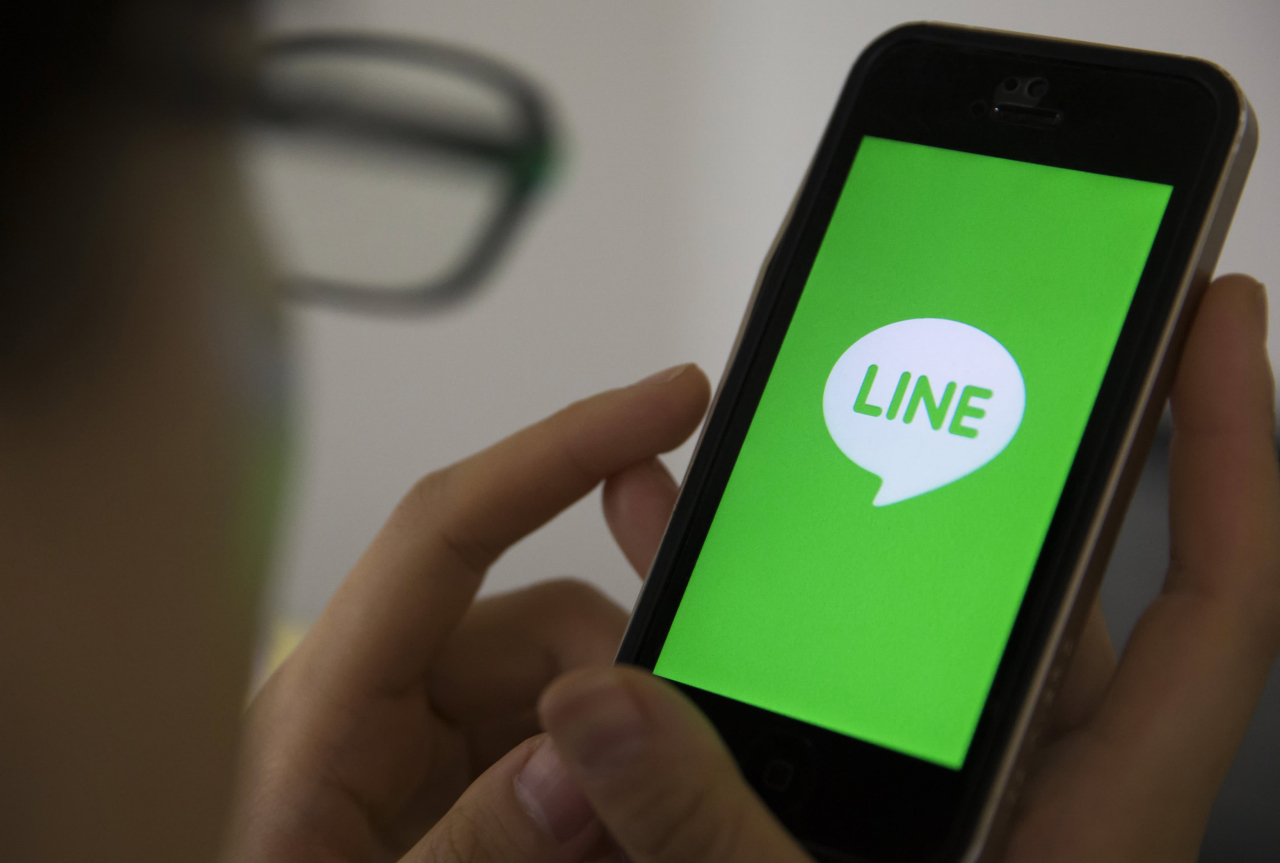Naver’s Line ownership in jeopardy as Japan ups pressure
Experts call for diplomatic efforts to tackle 'unfair' case
By Jie Ye-eunPublished : April 26, 2024 - 18:03

Concerns are mounting that Korean portal giant Naver may lose its management rights for Line, the immensely popular messaging app in Japan it has nurtured over the past 13 years, amid a rare intervention by the Japanese government.
Since last month, Japan's Ministry of Internal Affairs and Communications has directed Tokyo-based LY Corp., the operator of Line, to lower its dependency on Naver in the wake of a data breach incident last year. Currently, almost 70 percent of the Japanese population uses Line.
LY Corp. is owned by A Holdings, a 50-50 joint venture between Naver and SoftBank. A Holdings has 64.5 percent stakes in Yahoo Japan.
Pressured by the Japanese government, SoftBank is reportedly making moves to acquire Naver's stake in LY Corp.
Unprecedented request
In November last year, about 510,000 pieces of personal information involving Line users, business partners and employees were leaked through Line’s subcontractor Naver Cloud. Following the incident, LY Corp. was immediately ordered to come up with preventive measures. Now the company is being pressured to shed its Naver ownership.
Many experts here call the latest case “extremely unprecedented” as a Korean company is being backed into a corner through a foreign country’s administrative guidance on equity matters.
“If it is a data leak issue, it is enough to check if there was negligence and impose a corrective order or fine, but talking about selling stakes through administrative guidance is a separate issue,” said Lee Seong-yeob, a professor of intellectual property strategy at Korea University's Graduate School of Management of Technology.
“Japan’s latest move shows its initiative to foster its own industries in areas where it is currently lagging behind Korea.”
Lee urged the Korean government to take policy action depending on Naver’s business impact, saying, “Domestic companies have expanded their presence overseas and the government’s major role should be protecting them from unfair treatment.”
An international trade lawyer who requested anonymity also said that it is very rare for a government to get involved in the corporate governance of a private company.
“Japan’s raising questions about a Korean company's corporate decisions itself could become subject to trade disputes,” he said, calling for a diplomatic resolution between the two countries, rather than a legal fight.
About the possible violation of an investment agreement made between the two countries, the lawyer said there should be more concrete actions to prove the claims.
People's messenger in Japan
Naver, established in 1999, launched its Japanese unit in 2000, eyeing an expansion into the burgeoning Internet market of the neighboring country from the very beginning.
During the earlier days of mobile messenger apps, Line suffered from a lukewarm response at home while its crosstown rival KakaoTalk enjoyed huge popularity.
But a breakthrough came in Japan in 2011, when Line played a key role in connecting separated families in the aftermath of a deadly earthquake and tsunami.
Now Line is considered “Japan’s KakaoTalk,” which boasts more than 86 million users, about 70 percent of the total population.
In 2019, Naver and SoftBank set up A Holdings as a joint venture, making their partnership official. In 2022, Naver’s Line and SoftBank’s Yahoo Japan were merged into a new entity, Z Holdings, under the arm of A Holdings.
With the ownership change, Naver’s control over Line was reduced but its closer ties with SoftBank offered a positive outlook for growth in Japan.
Regarding Japan’s recent attempt to seize control over Line, Rep. Yoon Sang-hyun of the ruling People Power Party, who served as chair of the parliamentary foreign affairs committee, wrote in his Facebook post on Thursday: “This is an act that pours cold water on the relationship between the two countries, which has been pursuing industrial cooperation while sharing the values of a market economy and liberal democracy.”
“Applying pressure with excessive measures that would only be applied to a company from a hostile country that misuses information can cause unnecessary misunderstandings and escalate into a diplomatic problem.”
Both Naver and Line's Seoul officials declined to comment on the ongoing matter, including whether Naver would shed its stake in LY Corp. or if there were any related requests from the Japanese operator.







![[AtoZ Korean Mind] Does your job define who you are? Should it?](http://res.heraldm.com/phpwas/restmb_idxmake.php?idx=644&simg=/content/image/2024/05/06/20240506050099_0.jpg&u=)











